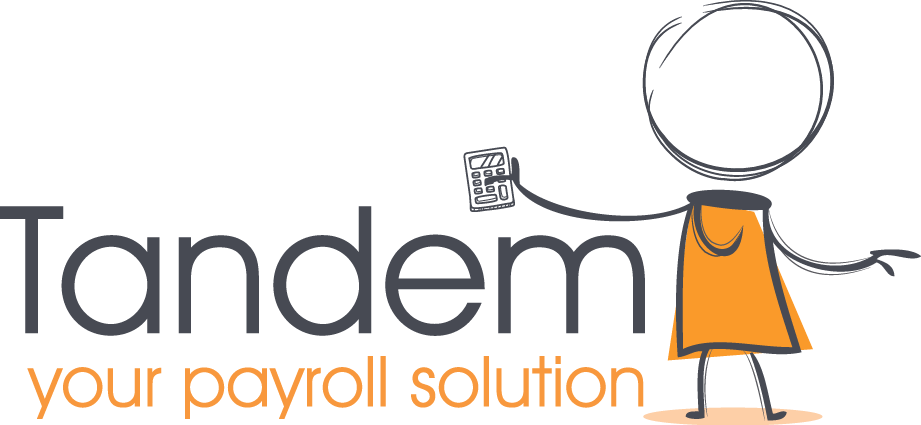Statutory Sick Pay (SSP)
- Eligible employees are entitled to SSP on the fourth qualifying day in a ‘Period of Incapacity for Work’ (PIW). The first three qualifying days*are known as ‘Waiting Days’ and there is no entitlement to SSP for these days unless they are linked to a previous period of absence**.
- SSP is payable for up to 28 weeks.
- Employers cannot count a day as a sick day if an employee has worked for a minute or more before they go home sick.
- SSP is paid in the same way as wages, eg.on the normal payday, deducting Tax and National insurance.
- Employees can qualify for SSP from more than one job.
* Qualifying Days are days on which an employee would normally have worked had he/she not fallen sick.
** Linked periods of absence are two or more continuous spells of sickness both lasting at least four days, and which are separated by 56 calendar days or less.
How much is Statutory Sick Pay?
2021-2022 Rates
Weekly Rate: £95.85
Lower Earnings Limit: £120.00
All employees, irrespective of the number of hours they work each week, or their length of service, are entitled to Statutory Sick Pay (SSP) provided they meet the eligibility requirements.
Who is eligible for Statutory Sick Pay?
To qualify for SSP the employee must:
- Have average weekly earnings greater than the Lower Earnings Limit for National Insurance contributions (see above).
- Have done some work for the employer under the contract of employment.
- Have been sick for 4 or more days in a row.
- Give the correct notice to the employer.
Who is excluded from Statutory Sick Pay?
Employees are excluded if they:
- Have average weekly earnings which are less than the Lower Earnings Limit for National Insurance contributions (see above).
- Have already received the maximum amount of SSP for the Period of Incapacity for Work (PIW) or for a series of linked PIWs.
- Have not done any work for the employer under the contract of employment.
- Receive Statutory Maternity Pay, Maternity Allowance or are off work for a pregnancy-related illness in the 4 weeks before the week their baby is due.
- Were in custody or on strike on the first day of sickness (including any linked periods).
- Received Employment Support Allowance within 12 weeks of starting or returning to work.
Agency workers, Directors and educational workers have different rules for entitlement.
What happens if the employee is not eligible for Statutory Sick Pay?
If an employee is not eligible for SSP an employer must issue form SSP1:
- within 7 days of an employee going off sick
- within 7 days of their SSP ending, if it ends unexpectedly while they are still sick
- on or before the beginning of the 23rd week, if their SSP is expected to end before their sickness does
On receipt of form SSP1 the employee can apply for Employment and Support Allowance (ESA).
What Evidence of Sickness is required?
- The employee should notify their employer within the time limit specified by the employer (or 7 days if there isn’t one). The employer cannot insist to be told in person or on a special form.
- If the employee is off sick for less than 7 days, they can complete a form when they return to work to confirm they have been off sick for up to 7 days. This is called ‘self-certification’.
- If the employee is off sick for more than 7 days in a row (including non-working days) they should provide their employer with a doctor’s ‘fit note’.
For how long is Statutory Sick Pay paid?
SSP is payable for up to 28 weeks of sickness absence in either:
- One Period of Incapacity to Work (PIW) or
- Any number of periods linked by 56 calendar days (8 weeks) or less. These cannot extend for more than three years.
How does sickness affect holiday entitlement?
- Statutory holiday entitlement is accrued while the employee is off work sick.
- Any statutory holiday entitlement that isn’t used because of illness can be carried over into the next leave year. If an employee is ill just before or during their holiday, they can take it as sick leave instead.
- If the employer agrees, employees can choose to take paid holiday while on sick leave. For example, because they don’t qualify for sick pay.
For more detailed guidance in respect of Statutory Sick Pay, please refer to www.gov.uk
